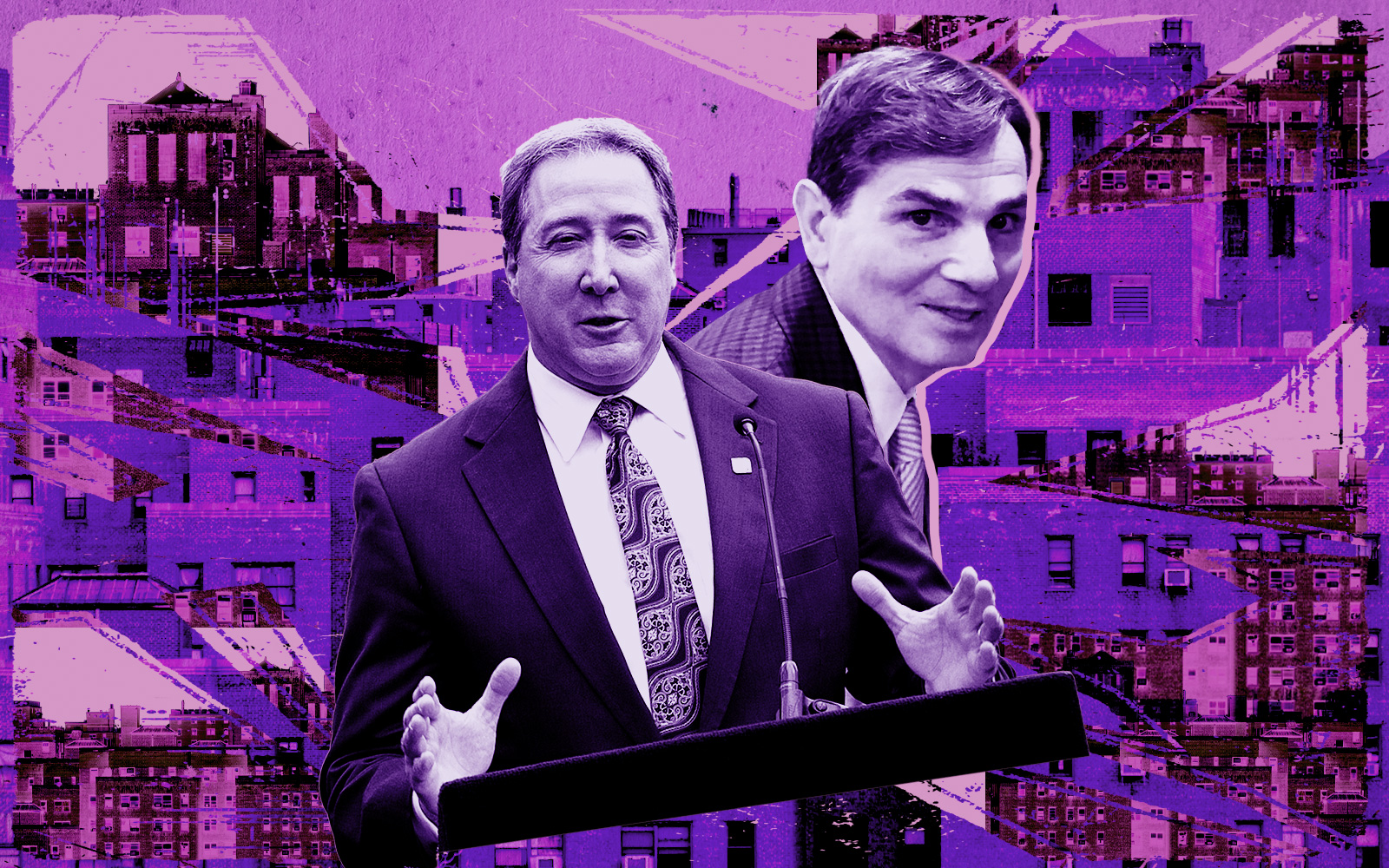As the credits roll on the historic sale of a failed bank’s loans, eyes now turn to the sequel: the fate of struggling rent-stabilized building owners who hold billions of dollars worth of those mortgages.
Community Preservation Corporation, the lender set to service some of that Signature Bank debt, has come up with a rescue plan.
The New York City-based nonprofit will partner with the FDIC to capitalize an approximately $550 million fund to pay for repairs and loan workouts in rent-regulated buildings. Landlords of about 35,000 apartments could benefit from the strategy.
“[It] will give them additional resources to do capital improvements that are necessary to clear violations,” said Rafael Cestero, CEO of the nonprofit, which was created to deal with the city’s real estate crisis of the 1970s.
Cestero said the capital could also be tapped to restructure some of Signature’s troubled rent-stabilized loans — debt that some observers labeled “toxic waste” after New York Community Bank declined to buy it.
CPC, in partnership with Related Fund Management and nonprofit Neighborhood Restore, bid successfully for a 5 percent stake in a venture holding loans backed by those 35,000 units. The FDIC, which auctioned off the equity interest, retained a 95 percent stake in the $6 billion loan portfolio.
Accordingly, the FDIC will contribute 95 percent of the capital for the $550 million fund, with CPC, Related and Neighborhood Restore kicking in the rest. “It’s a lot of money,” Cestero said.
It could be transformative for some cash-strapped owners. State legislation passed in 2019 effectively blocked their paths to raise rents outside of the Rent Guidelines Board’s annual increases, which have historically lagged the cost of doing business.
In the wake of the 2019 law, owners have let many vacant units sit, typically because the legal rent is too low to cover the cost of repairs.
The impact the new fund will have is difficult to gauge. Estimates of the city’s rent-stabilized vacancy problem have varied widely, from 13,000 to 89,000 units. A gut renovation of an apartment costs roughly $100,000.
At that cost, the rescue capital would cover about 5,500 units — a fraction of the 35,000 units that collateralize loans under CPC’s wing.
“It’s a good start,” the Community Housing Improvement Program’s Jay Martin said.
But the fund could reach far more apartments if it were made available to those needing less than gut renovations, or if landlords chip in for the repairs. It could also repair far fewer apartments if much of the fund ends up going toward loan workouts.
The $550 million dwarfs the meager amount that the city has put on the table to bring vacant rent-stabilized units back online. The Unlocking Doors program, which launched in December after months of delays, will invest $10 million to rehabilitate units that have been off the market for at least two years.
Owners can receive up to $25,000 for repairs, meaning the program could address as few as 400 units.
The city does have other tools to help rent-stabilized buildings. David Bistricer’s Clipper Equity this summer landed a tax exemption worth an estimated $191 million over 40 years to offset the cost of improvements at Flatbush Gardens, a development of 2,494 rent-stabilized units in East Flatbush with nearly 3,000 open housing code violations.
Read more



